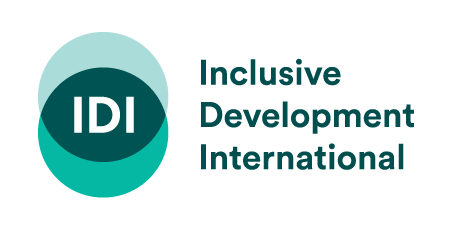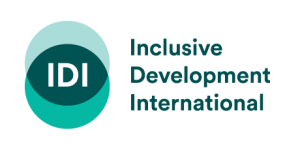(Washington, DC) – More than 100 citizen groups and 19 affected communities in the Philippines today filed a historic complaint against the International Finance Corporation (IFC), the World Bank’s private-sector arm. The complaint accuses the IFC of fueling global climate change through its opaque investments in a Philippine bank that is a major financier of the coal industry. This is the first climate change-related complaint received by the IFC’s independent watchdog, the Compliance Advisor Ombudsman.
The complaint accuses the IFC of supporting 19 new or expanded coal-fired power plants in the Philippines through its investments in Rizal Commercial Banking Corporation (RCBC). After receiving $253 million in IFC funding and the World Bank’s stamp of approval, RCBC went on to provide and arrange billions of dollars in financing for the power plants and the companies developing them, in violation of the IFC’s social and environmental Performance Standards and climate commitments.
The complainants are calling on the IFC to use its leverage to stop the coal projects that have not yet commenced operation, and to ensure that its financial intermediaries there and around the world stop financing coal projects and instead fund renewable energy solutions.
“Our complaint is an indictment of the IFC’s complicity in putting our country and communities at certain risk at a time when addressing climate change impacts is the order of the day,” said Aaron Pedrosa of the Philippine Movement for Climate Justice, one of the complainants, whose home was destroyed by Typhoon Haiayn in 2013.
“By providing funds to intermediaries that are bankrolling a new generation of coal plants, the IFC is lending its imprimatur to the deaths and destruction caused by coal plant operations. The IFC is in effect issuing a license to kill. It should be held to account,” Pedrosa added. Pedrosa travelled from Manila this week to present the complaint to the Compliance Advisor Ombudsman and the leaders of World Bank Group in Washington, DC.
Coal-fired power threatens the very existence of the Philippines. As the world’s third-most vulnerable nation to climate change, it has seen increasingly devastating storms and rising sea levels in recent years. As many as 2,410 Filipinos die prematurely each year due to emissions from coal plants, which pollute the air, sea, fisheries and coral reefs, leading to environmental damage and loss of livelihoods.
Activists who speak out against such projects face grave danger. Anti-coal campaigner Gloria Capitan was murdered in July 2016 for opposing the expansion of coal, including several projects that received indirect IFC backing. In 2016, 28 environmental and land defenders were murdered in the Philippines, making the country one of the most dangerous in the world for such work.
“We place our lives in the line of fire for standing up and fighting for our right to a healthy environment and against the dangers posed by dirty coal projects. Everyday, we face the double whammy of dying from exposure to pollution and risking our lives in resisting these projects. But we will not be intimidated, ” said Fr. Warren Puno, Parochial Vicar of Our Lady of the Angels Parish and one of the community leaders against the proposed 1,200 MW coal plant in Atimonan, Quezon Province.
The IFC is indirectly funding coal in the Philippines despite a 2013 World Bank pledge to get out of the industry for good, except in extraordinary circumstances. World Bank President Jim Yong Kim has said further funding of coal in Asia will “spell disaster for us and the planet.”
The IFC’s investments in RCBC bank fit a global pattern. Over the past five years, the World Bank Group member has invested $50 billion in commercial banks and private equity funds, without disclosing where this money ultimately ends up. The IFC’s financial intermediaries are required to apply the institution’s strict environmental and social Performance Standards. In practice, however, they are financing harmful and high-risk companies and projects, with little apparent IFC oversight.
In October 2016, Inclusive Development International exposed the IFC’s hidden support for dozens of new coal projects in the Philippines and elsewhere as part of its Outsourcing Development investigative series.
“If the world’s preeminent development finance institution can’t stop bankrolling dirty coal plants and instead support developing countries in making the shift to renewable energy technology, the consequences will be dire – for the Philippines and the rest of the world,” said David Pred, managing director of Inclusive Development International, which supported the groups to file the complaint together with Bank Information Center.
“Jim Yong Kim acknowledged as much last May when he said, ‘If Asia implements the coal-based plans now, I think we are finished.’ It’s now up to Dr. Kim to put his money where his mouth is,” Pred said.
The complaint is available here.
Further information is available here:
World Bank accused of funding Asia ‘coal power boom’ (Al Jazeera)


